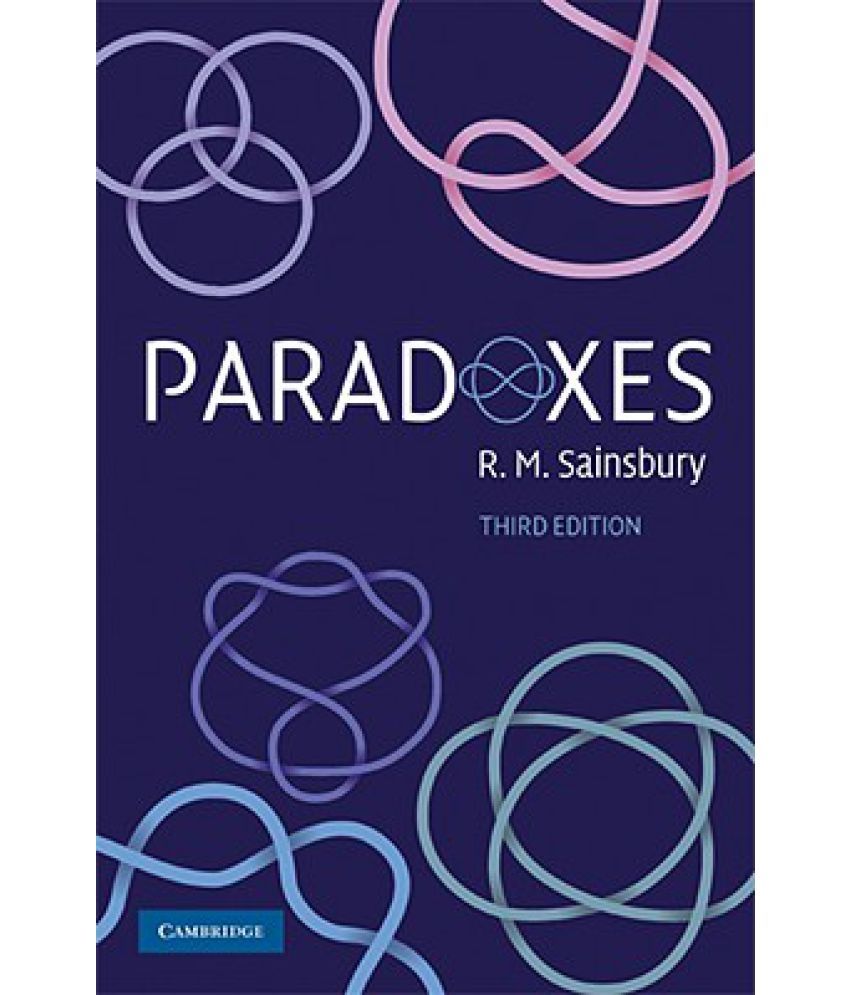Something went wrong. Please refresh the page and try again.
Something went wrong. Please refresh the page and try again.
Notifications can be turned off anytime from settings.
Item(s) Added To cart
Qty.
Something went wrong. Please refresh the page and try again.
Something went wrong. Please refresh the page and try again.
Exchange offer not applicable. New product price is lower than exchange product price
Please check the updated No Cost EMI details on the payment page
Exchange offer is not applicable with this product
Exchange Offer cannot be clubbed with Bajaj Finserv for this product
Product price & seller has been updated as per Bajaj Finserv EMI option
Please apply exchange offer again
Your item has been added to Shortlist.
View AllYour Item has been added to Shopping List
View AllSorry! Paradoxes is sold out.


You will be notified when this product will be in stock
Brief Description
This intriguing book is not only an explanation of paradoxes but also an excellent introduction to philosophical thinking.
Learn More about the Book
A paradox can be defined as an unacceptable conclusion derived by apparently acceptable reasoning from apparently acceptable premises. Many paradoxes raise serious philosophical problems, and they are associated with crises of thought and revolutionary advances. The expanded and revised third edition of this intriguing book considers a range of knotty paradoxes including Zeno's paradoxical claim that the runner can never overtake the tortoise, a new chapter on paradoxes about morals, paradoxes about belief, and hardest of all, paradoxes about truth. The discussion uses a minimum of technicality but also grapples with complicated and difficult considerations, and is accompanied by helpful questions designed to engage the reader with the arguments. The result is not only an explanation of paradoxes but also an excellent introduction to philosophical thinking.
About the Author
R. M. Sainsbury is a Professor in the Department of Philosophy, University of Texas, Austin. He also teaches in the Department of Philosophy, King's College, London. He was editor of the journal Mind for a decade from 1990 and his many publications include Reference without Referents (2005, 2007) and Logical Forms, 2nd edition (2000).
Review Quotes
1. 'An engaging and accessible guide through some of the deepest conceptual labyrinths we know. Sainsbury encourages the reader to think with him, always asking questions and pointing out roads not taken. This is the first place I send students who have become puzzled by the liar paradox or the paradox of the heap.' John McFarlane, University of California, Berkeley
The images represent actual product though color of the image and product may slightly differ.
Register now to get updates on promotions and
coupons. Or Download App